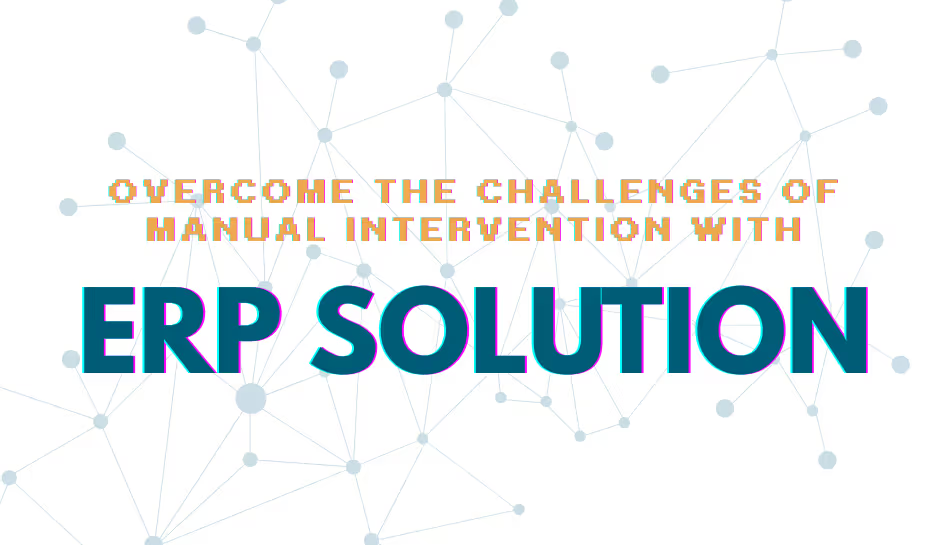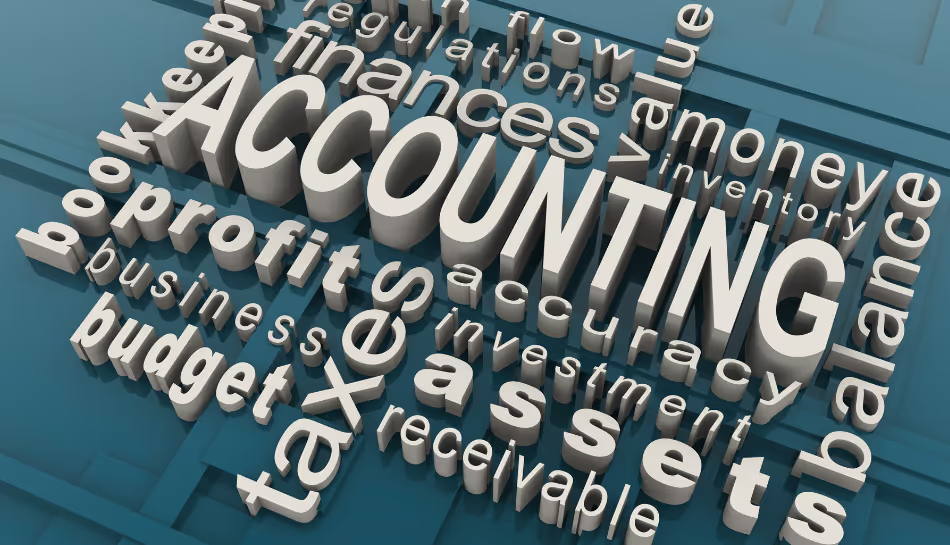In today’s competitive business landscape, efficiency and cost-effectiveness are more important than ever. Companies are constantly searching for ways to streamline their operations and maximize resources. Systems that use enterprise resource planning (ERP) are useful in this situation. By integrating various business processes into one centralized platform, ERP software helps organizations improve productivity, reduce unnecessary expenses, and make smarter decisions. Let’s explore how ERP saves time and money while transforming everyday operations.
How ERP Improves Business Efficiency
At its core, an ERP system brings together multiple functions like finance, inventory, sales, HR, and supply chain into a single platform. Instead of juggling multiple standalone tools or manually updating spreadsheets, employees can access accurate, real-time data from one place.
This unified approach minimizes duplicate work and human error, ensuring that information is always consistent across departments. The result is faster workflows, better collaboration, and a noticeable boost in productivity. In other words, ERP improves business efficiency by eliminating delays and simplifying routine processes.
ERP Time Efficiency Benefits
One of the most important assets in every organisation is time. Outdated methods like manual reporting, data re-entry, or disconnected systems can consume hours of employee time every week. An ERP system automates these repetitive tasks.
For example:
- Financial reports that once took days can now be generated in minutes.
- Inventory levels can be tracked automatically, saving hours of manual stock checks.
- Approvals for purchases, payroll, or leave can be routed digitally, cutting down waiting periods.
These ERP time efficiency benefits free up employees to focus on high-value tasks like strategy, customer engagement, and innovation, instead of routine administrative work.
How ERP Reduces Operational Costs
Cost savings are another major advantage of ERP. By streamlining processes, ERP reduces inefficiencies that often drain company resources. Some examples of how ERP reduces operational costs include:
- Inventory Management: Automated stock tracking prevents over-purchasing and reduces wastage.
- Resource Allocation: Real-time insights help businesses allocate labor and assets effectively.
- Reduced IT Costs: Instead of paying for multiple systems, one ERP platform covers various business needs.
- Error Reduction: Automated workflows reduce costly mistakes that occur with manual handling.
The combination of reduced errors, better planning, and optimized use of resources adds up to significant long-term savings.
How ERP Helps Businesses Streamline Operations
A major challenge for growing organizations is managing multiple processes at once. Without proper systems, departments operate in silos, leading to delays, miscommunication, and lost opportunities. ERP eliminates these barriers by integrating all operations.
For example, when a sales order is placed, it automatically updates the inventory, notifies procurement, and records revenue in accounting. This interconnected workflow shows exactly how ERP helps businesses streamline operations, creating a smoother experience for both employees and customers.
Real-World Impact: Saving Time and Money
When businesses adopt ERP, they often see quick results in terms of both time and cost savings. Once-weekly processes can now be finished in a matter of days. Forecasting becomes more accurate, reducing unnecessary expenses. Teams can collaborate better, preventing bottlenecks.
Ultimately, how ERP saves time and money comes down to its ability to unify processes, automate tasks, and optimize decision-making. Companies that implement ERP not only reduce operational costs but also gain the agility to adapt quickly to market changes.
Final Thoughts
Every business, regardless of size or industry, needs to manage resources efficiently. ERP systems are designed to do exactly that, help organizations save valuable time while reducing costs. The ERP time efficiency benefits extend across departments, while the cost savings help strengthen profitability and growth.
By improving productivity, eliminating waste, and streamlining operations, ERP software is not just a tool for managing business processes, it’s a long-term investment in efficiency and success.



